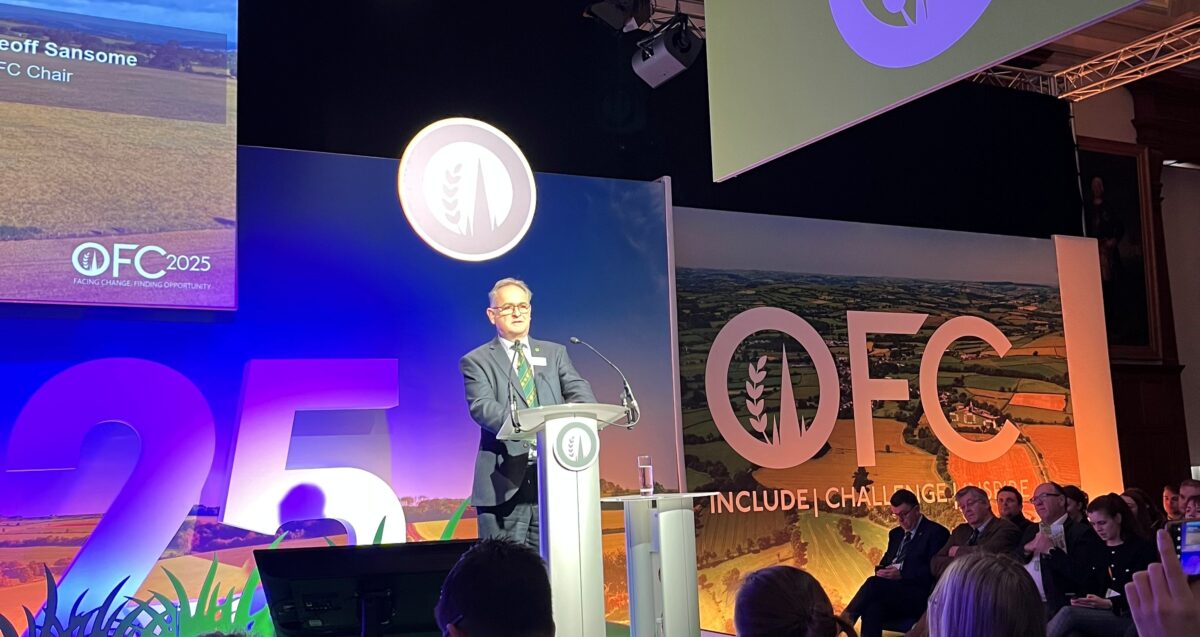At Pinstone, we understand that effective crisis PR management and communication is crucial in safeguarding your brand’s reputation and maintaining trust with your audience.
Here are ten key considerations to help guide your crisis communications strategy.
1. Preparation is key in crisis PR management
Preparation is the foundation of effective crisis management. Spend time with your agency or trusted advisor scenario planning and developing key messages, FAQ’s and statements in case of a crisis. Work through your protocols and agree steps to take both in working hours and outside of hours. This is often where a PR agency well-versed in crisis communications can support your management team, acting as a senior advisor and guiding members of your team, as well as being on-call for emergencies.
2. Respond quickly during a communication crisis
Time is of the essence in a crisis. Responding quickly can prevent misinformation from spreading and demonstrate that your organisation is in control. Aim to take the first step in your external communication protocol, whether that be issuing a statement or contacting the media, within the first hour of a crisis emerging.
3. Maintain transparency and honesty
Honesty is non-negotiable. Provide simple, straightforward and accurate information as soon as it’s available and avoid speculation. If you don’t have all the facts yet, acknowledge this and commit to providing updates as the situation evolves.
4. Ensure consistent messaging
Ensure that all communications are consistent across all channels and all spokespeople. Inconsistencies can undermine your credibility, so developing key messages and communicating those internally is a key step to making sure everyone stays ‘on script’.
5. Show empathy and compassion
Crises often have a human impact. Show empathy and compassion in your communications. Acknowledge the concerns of those affected and provide reassurance that you’re taking the situation seriously.
6. Monitor and adapt your crisis strategy
Continuously monitor the situation and sentiment of your audience. Use media monitoring and social listening tools, such as Carma and Sprout Social, to track conversations and revisit your strategy as needed. At the height of a crisis situation, scheduling a 9:00am daily briefing with your team and agency lead is the best way to keep everyone abreast of the developing situation. Staying informed will enable you to stay one step ahead of the matter.
7. Don’t forget key stakeholders
They may not be directly impacted by this crisis, but other stakeholder groups such as industry peers and partners can heavily influence the perception of your brand post-crisis. Identifying and keeping these groups informed will help maintain their trust and support during challenging times.
8. Use multiple communication channels
As with any campaign, consider the full PESO model for your communication outreach. Is a statement required for the website? Has a press release been prepared? Is there content prepared for LinkedIn, X and Facebook? What about an email to your partners? Ensure your message reaches all relevant parties by utilising various platforms, tweaking your tone and extent of the communication for the output.
9. Prioritise internal communication
Your internal team should be well-informed as the crisis evolves. Keep employees updated and provide them with the tools and information they need to communicate effectively with their networks.
10. Review and learn from crisis PR management and communication
After the crisis has passed, conduct a thorough review of your response. Identify what worked well and where there were gaps. Use these insights to refine your crisis communication plan and improve your readiness for future events.
At Pinstone, we believe that the strength of your crisis communications can significantly impact your brand’s resilience and recovery. By considering these ten factors, you can navigate through crises with confidence and maintain the trust of your audiences. If you need support in developing or refining your crisis communications strategy, our experienced team is here to help.
Contact us today to learn more about how we can assist you in managing your brand’s reputation effectively.
Read the crisis comms masterclass Pinstone delivered for Meat Business Women.























